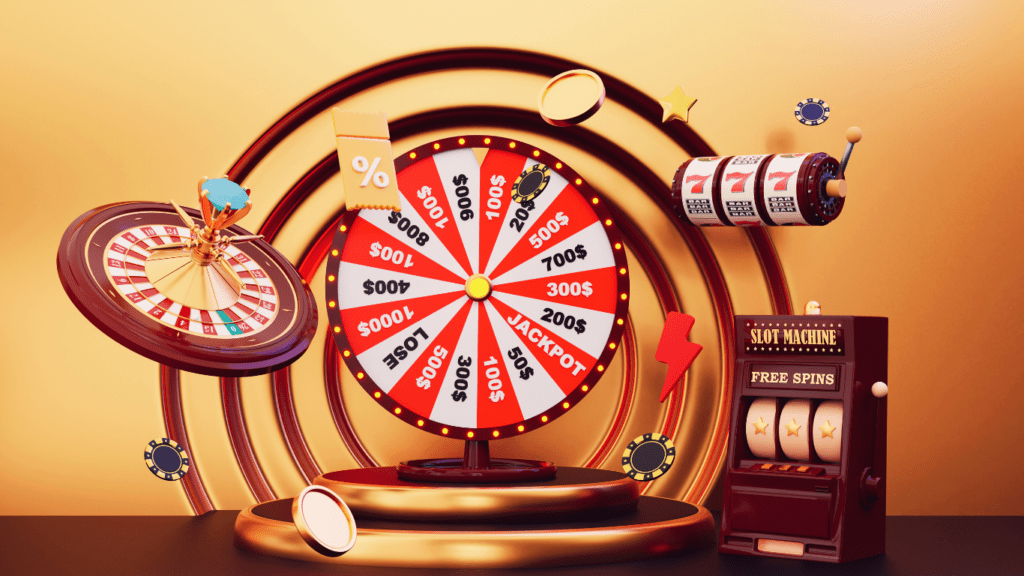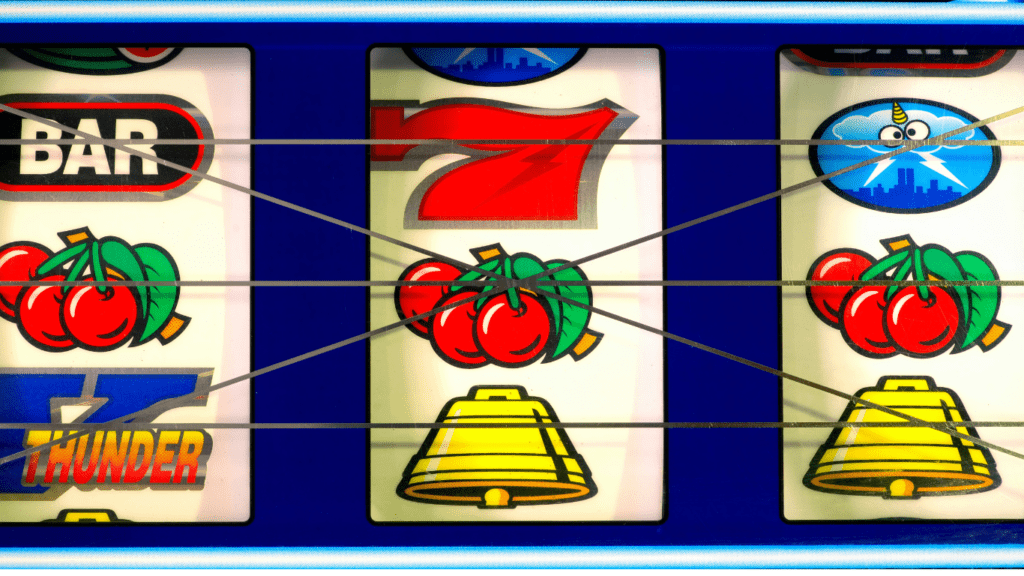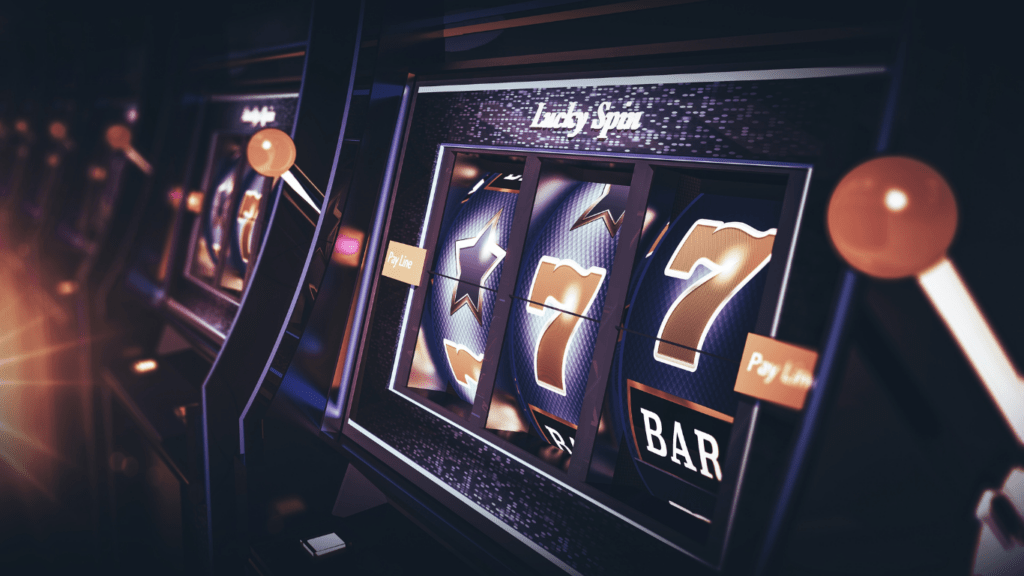Understanding Jackpot Games
Jackpot games attract players with the promise of life-changing prizes and engaging gameplay mechanics. Their design combines chance, strategy, and technology to deliver excitement.
What Are Jackpot Games?
Jackpot games are gambling activities where players aim to win large prize pools, often featuring escalating rewards. These games distribute prize money based on specific conditions being met, such as matching symbols or triggering bonus rounds. Common formats include slot machines, video poker, and progressive jackpot games.
Random number generators (RNGs) ensure fairness by creating unpredictable outcomes for each play. Payout percentages, also known as Return to Player (RTP) rates, govern the average amount returned to players over time. High RTP games attract more players while maintaining game integrity.
Types Of Jackpot Games
Jackpot games come in multiple forms, categorized by their prize structures and networking mechanics:
1. Fixed Jackpots
These jackpots offer a predefined prize that doesn’t change, regardless of gameplay. For instance, players might win a fixed 1,000x their bet if specific game conditions are met. They’re commonly found in standalone slot machines.
2. Progressive Jackpots
Progressive jackpots increase as more players participate. A portion of every bet contributes to the prize pool. Examples include popular titles like Mega Moolah, with networked contributions from multiple casinos.
3. Local Jackpots
Local jackpots pool contributions from a single casino or platform, limiting prizes to participants within that network. These typically offer smaller prizes compared to wide-area progressives.
4. Network Jackpots
Network jackpots involve multiple platforms or casinos sharing the same prize pool. These often deliver the largest possible winnings, with some reaching millions in payouts.
Each type offers unique thrills and payout potential, catering to varying player preferences and betting styles.
Core Game Mechanics Explained

Jackpot games rely on precise mechanics and advanced algorithms to deliver fair, engaging experiences. Understanding the key elements like RNGs, jackpot systems, and payout structures reveals how these games maintain their appeal and ensure transparency.
Random Number Generators (RNGs)
RNGs form the core of jackpot game functionality. These algorithms generate unpredictable outcomes by simulating random, unbiased results for every spin or bet. For example, in slot games, RNGs determine where the reels stop, ensuring fairness across all plays. No external factors influence the results, as the software operates independently. Third-party testing agencies like eCOGRA or GLI certify RNG systems for accuracy and integrity. This audits their fairness and compliance with industry standards.
Progressive Jackpot Systems
- Progressive jackpots increase in value as players place bets. A small portion of each wager contributes to the jackpot pool, which grows until a player wins.
- This system applies to games like Mega Moolah, where jackpots frequently exceed $10 million before hitting.
- Progressive systems track contributions in real time through networked servers.
- Some operate on standalone machines (local progressive), while others connect multiple machines across casinos or online platforms (network progressive).
- The accumulated reward resets to a base value after a payout.
Fixed Jackpot Structures
Fixed jackpots offer predetermined prize amounts regardless of wagers or player participation. These prizes remain constant, such as a slot game advertising a $25,000 jackpot. Fixed structures typically accompany simpler, lower-volatility games, delivering frequent wins at conservative stakes. They lack the growing excitement of progressive jackpots, but their predictability appeals to risk-averse players. While fixed jackpots guarantee specific payouts, game rules like maximum bets or paylines determine eligibility.
Factors Influencing Jackpot Probabilities
Several elements determine the likelihood of landing a jackpot. Understanding these factors allows players to better grasp how jackpot games work and manage their expectations.
Odds And Payout Ratios
Odds in jackpot games reflect the statistical probability of winning a prize. Progressive jackpots usually have lower winning probabilities since the prize pools grow to substantial amounts. Fixed jackpots, on the other hand, offer higher odds of frequent wins but with smaller payouts. Payout ratios, or RTP rates, indicate the average money returned to players over many rounds. For example, a game with a 95% RTP suggests that $95 is returned for every $100 wagered, though these returns are not guaranteed in the short term. Games with higher RTPs generally offer better long-term returns, indirectly influencing the feasibility of hitting a jackpot.
Bet Sizes And Contributions
Bet sizes impact your eligibility for specific jackpots. Some progressive games require max bets to qualify for the top prize, while others allocate higher percentages of contributions from larger stakes. In these games, a portion of each bet contributes to building the jackpot pool. For instance, a $5 bet might allocate $0.50 to the jackpot. Fixed jackpots often set a minimum bet limit to determine payouts, meaning smaller wagers could result in lower rewards. The relationship between bet size and contribution rate directly affects the speed of jackpot growth and potential payout amounts.





